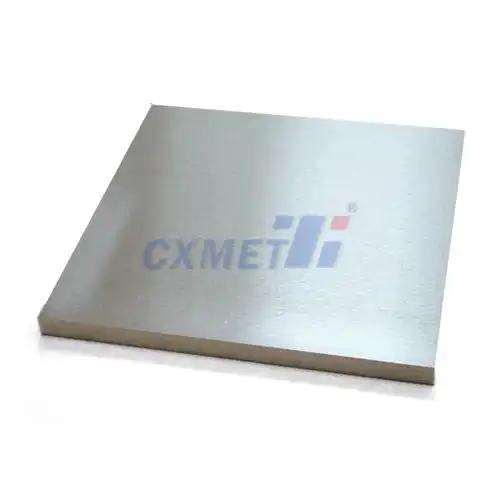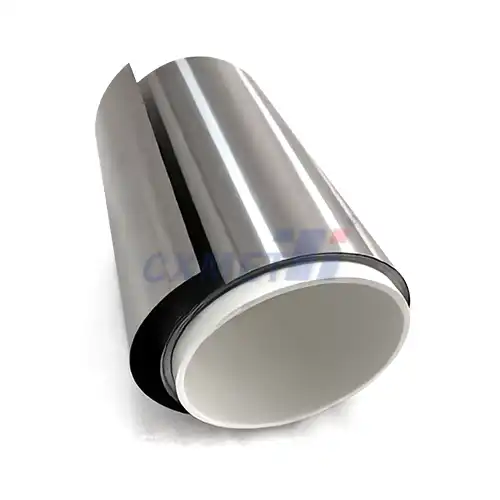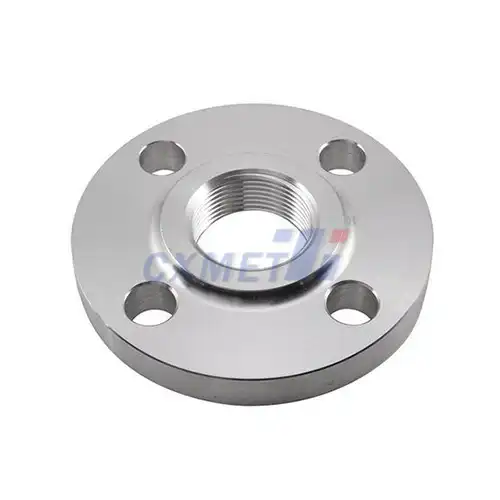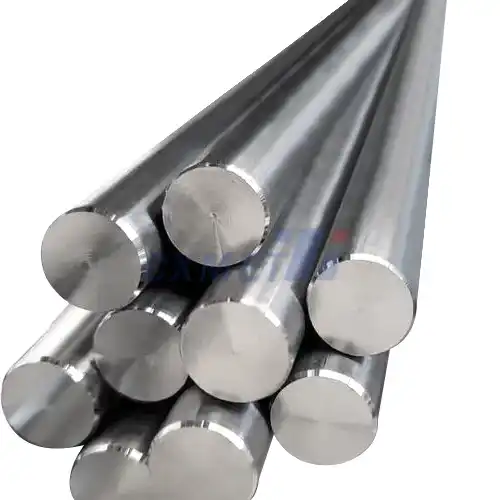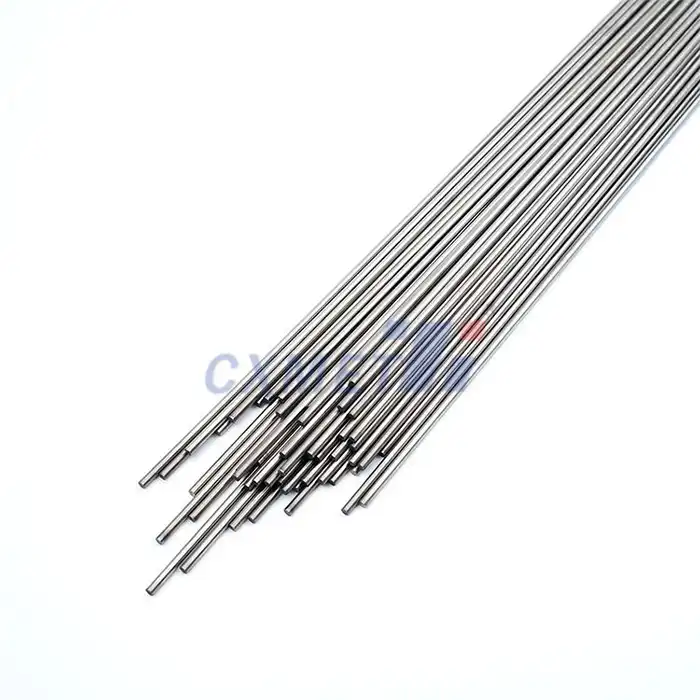- English
- French
- German
- Portuguese
- Spanish
- Russian
- Japanese
- Korean
- Arabic
- Greek
- German
- Turkish
- Italian
- Danish
- Romanian
- Indonesian
- Czech
- Afrikaans
- Swedish
- Polish
- Basque
- Catalan
- Esperanto
- Hindi
- Lao
- Albanian
- Amharic
- Armenian
- Azerbaijani
- Belarusian
- Bengali
- Bosnian
- Bulgarian
- Cebuano
- Chichewa
- Corsican
- Croatian
- Dutch
- Estonian
- Filipino
- Finnish
- Frisian
- Galician
- Georgian
- Gujarati
- Haitian
- Hausa
- Hawaiian
- Hebrew
- Hmong
- Hungarian
- Icelandic
- Igbo
- Javanese
- Kannada
- Kazakh
- Khmer
- Kurdish
- Kyrgyz
- Latin
- Latvian
- Lithuanian
- Luxembou..
- Macedonian
- Malagasy
- Malay
- Malayalam
- Maltese
- Maori
- Marathi
- Mongolian
- Burmese
- Nepali
- Norwegian
- Pashto
- Persian
- Punjabi
- Serbian
- Sesotho
- Sinhala
- Slovak
- Slovenian
- Somali
- Samoan
- Scots Gaelic
- Shona
- Sindhi
- Sundanese
- Swahili
- Tajik
- Tamil
- Telugu
- Thai
- Ukrainian
- Urdu
- Uzbek
- Vietnamese
- Welsh
- Xhosa
- Yiddish
- Yoruba
- Zulu
Which is Better Grade 2 or GR4 Titanium Seamless Tubes?
When it comes to selecting titanium seamless tubes for various applications, the choice between Grade 2 and Grade 4 (GR4) is often a subject of debate. Both grades offer excellent properties, but they have distinct characteristics that make them suitable for different purposes. This blog post will explore the differences between Grade 2 and GR4 titanium seamless tubes, helping you understand which option might be better for your specific needs.
What are the key differences between Grade 2 and GR4 titanium seamless tubes?
Grade 2 and GR4 titanium seamless tubes are both commercially pure (CP) titanium grades, but they have some notable differences in composition and properties. Grade 2 titanium is the most commonly used CP titanium grade, known for its excellent combination of strength, ductility, and corrosion resistance. It contains a maximum of 0.25% oxygen and 0.03% nitrogen.
On the other hand, GR4 titanium has a higher oxygen content (up to 0.40%) and nitrogen content (up to 0.05%), which results in increased strength compared to Grade 2. This higher strength comes at the cost of slightly reduced ductility and formability.
The key differences between Grade 2 and GR4 titanium seamless tubes can be summarized as follows:
1. Strength: GR4 titanium has higher tensile and yield strength due to its increased oxygen content. This makes it more suitable for applications requiring greater structural integrity.
2. Ductility: Grade 2 titanium offers better ductility and formability, making it easier to shape and form into complex geometries.
3. Corrosion resistance: Both grades exhibit excellent corrosion resistance, but Grade 2 may have a slight edge in certain environments due to its lower oxygen content.
4. Cost: Grade 2 titanium is generally more cost-effective and widely available compared to GR4.
5. Weldability: Both grades are weldable, but Grade 2 may be slightly easier to weld due to its lower strength and better ductility.
The choice between Grade 2 and GR4 titanium seamless tubes ultimately depends on the specific requirements of your application. If higher strength is crucial, GR4 might be the better option. However, if formability and cost-effectiveness are more important, Grade 2 could be the preferred choice.
How does the corrosion resistance of GR4 titanium seamless tubes compare to other grades?
Corrosion resistance is a critical factor in many applications where titanium seamless tubes are used. GR4 titanium, like other commercially pure titanium grades, offers excellent corrosion resistance in various environments. However, it's essential to understand how its corrosion resistance compares to other grades, particularly Grade 2 and higher alloyed grades.
GR4 titanium seamless tubes exhibit outstanding corrosion resistance due to the formation of a stable, continuous, and highly adherent oxide film on the surface. This passive layer protects the underlying metal from further oxidation and corrosion. The corrosion resistance of GR4 titanium is comparable to that of Grade 2, with some slight variations depending on the specific environment.
In general, the corrosion resistance of GR4 titanium seamless tubes is superior to that of many other metals and alloys, including stainless steels, in most corrosive environments. It performs exceptionally well in:
1. Saltwater and marine environments
2. Chloride-containing solutions
3. Oxidizing acids (e.g., nitric acid)
4. Organic compounds
When comparing GR4 to Grade 2 titanium, the corrosion resistance is generally similar. However, the slightly higher oxygen content in GR4 can lead to minor differences in performance in certain environments:
1. In highly reducing acids (e.g., hydrochloric acid), Grade 2 may exhibit slightly better corrosion resistance due to its lower oxygen content.
2. In oxidizing environments, GR4 might have a slight advantage due to its higher strength and ability to maintain structural integrity under corrosive conditions.
It's important to note that while GR4 titanium offers excellent corrosion resistance, there are some environments where higher alloyed grades (e.g., Grade 5 or Grade 7) may be more suitable:
1. In extremely aggressive reducing acids, palladium-containing grades like Grade 7 offer superior corrosion resistance.
2. In applications requiring both high strength and corrosion resistance, alpha-beta alloys like Grade 5 (Ti-6Al-4V) may be preferred.
When selecting titanium seamless tubes for corrosion-resistant applications, consider the following factors:
1. Specific corrosive environment and chemicals involved
2. Operating temperature
3. Mechanical stress requirements
4. Cost considerations
In many cases, GR4 titanium seamless tubes provide an excellent balance of corrosion resistance, strength, and cost-effectiveness. However, for critical applications or extreme environments, it's advisable to consult with materials experts or conduct corrosion tests to ensure the most appropriate grade is selected.
What are the main applications of GR4 titanium seamless tubes in industry?
GR4 titanium seamless tubes find applications in various industries due to their unique combination of properties, including high strength, excellent corrosion resistance, and biocompatibility. Understanding the main applications of GR4 titanium seamless tubes can help you determine if this material is suitable for your specific needs.
1. Aerospace Industry:
In the aerospace sector, GR4 titanium seamless tubes are used for:
- Hydraulic and pneumatic systems in aircraft
- Fuel lines and cooling systems
- Structural components in less critical areas where higher strength than Grade 2 is required
2. Chemical Processing:
The chemical industry utilizes GR4 titanium seamless tubes for:
- Heat exchangers and condensers
- Process piping in corrosive environments
- Reactor vessels and storage tanks for aggressive chemicals
3. Oil and Gas Industry:
In offshore and onshore applications, GR4 titanium tubes are employed for:
- Downhole tubing in oil and gas wells
- Seawater cooling systems
- Desalination plants
4. Medical and Biomedical Applications:
GR4 titanium's biocompatibility makes it suitable for:
- Surgical implants and prosthetics
- Medical instruments and devices
- Bone screws and plates
5. Power Generation:
In power plants, GR4 titanium seamless tubes are used for:
- Condenser tubing in steam turbines
- Heat exchangers in geothermal power plants
- Cooling systems in nuclear reactors
6. Marine Industry:
The excellent corrosion resistance of GR4 titanium makes it ideal for:
- Seawater piping systems
- Heat exchangers in desalination plants
- Propeller shafts and other marine components
7. Automotive Industry:
Although less common, GR4 titanium tubes find applications in:
- High-performance exhaust systems
- Racing car components
- Suspension systems in luxury vehicles
8. Food and Beverage Processing:
GR4 titanium's corrosion resistance and non-toxicity make it suitable for:
- Heat exchangers in food processing equipment
- Brewing and distilling equipment
- Pharmaceutical manufacturing processes
9. Sports and Recreation:
The high strength-to-weight ratio of GR4 titanium is utilized in:
- Bicycle frames and components
- Golf club shafts
- High-end sports equipment
10. Architecture and Construction:
In specialized applications, GR4 titanium tubes are used for:
- Decorative elements in high-end buildings
- Structural components in corrosive environments
- Handrails and fixtures in coastal areas
When considering GR4 titanium seamless tubes for your application, it's essential to evaluate the specific requirements of your project, including:
1. Strength and mechanical properties needed
2. Corrosion resistance requirements
3. Temperature range of operation
4. Regulatory compliance (e.g., for medical or aerospace applications)
5. Cost considerations compared to other materials or titanium grades
In many cases, GR4 titanium seamless tubes offer an excellent balance of properties that make them suitable for a wide range of industrial applications. However, for specialized or critical applications, it's always recommended to consult with materials experts or conduct thorough testing to ensure the material meets all necessary requirements.
At SHAANXI CXMET TECHNOLOGY CO., LTD, we take pride in our extensive product range, which caters to diverse customer needs. Our company is equipped with outstanding production and processing capabilities, ensuring the high quality and precision of our products. We are committed to innovation and continuously strive to develop new products, keeping us at the forefront of our industry. With leading technological development capabilities, we are able to adapt and evolve in a rapidly changing market. Furthermore, we offer customized solutions to meet the specific requirements of our clients. If you are interested in our products or wish to learn more about the intricate details of our offerings, please do not hesitate to contact us at sales@cxmet.com. Our team is always ready to assist you.
References:
1. ASTM International. (2021). ASTM B338 - Standard Specification for Seamless and Welded Titanium and Titanium Alloy Tubes for Condensers and Heat Exchangers.
2. Lutjering, G., & Williams, J. C. (2007). Titanium (2nd ed.). Springer-Verlag Berlin Heidelberg.
3. Donachie, M. J. (2000). Titanium: A Technical Guide (2nd ed.). ASM International.
4. Boyer, R., Welsch, G., & Collings, E. W. (1994). Materials Properties Handbook: Titanium Alloys. ASM International.
5. Titanium Industries. (2022). Titanium Grade Comparisons.
6. RMI Titanium Company. (2021). Titanium Alloy Guide.
7. ASTM International. (2020). ASTM F67 - Standard Specification for Unalloyed Titanium, for Surgical Implant Applications.
8. Froes, F. H. (2015). Titanium: Physical Metallurgy, Processing, and Applications. ASM International.
9. Leyens, C., & Peters, M. (2003). Titanium and Titanium Alloys: Fundamentals and Applications. Wiley-VCH.
10. Peters, M., Kumpfert, J., Ward, C. H., & Leyens, C. (2003). Titanium Alloys for Aerospace Applications. Advanced Engineering Materials, 5(6), 419-427.
